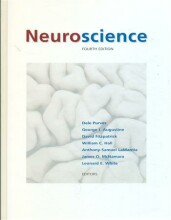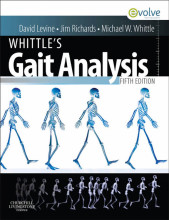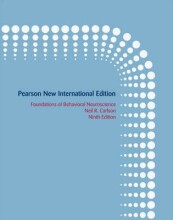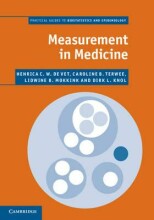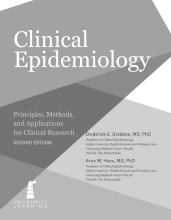Summary: Clinical Epidemiology | 9781451144475
- This + 400k other summaries
- A unique study and practice tool
- Never study anything twice again
- Get the grades you hope for
- 100% sure, 100% understanding
Read the summary and the most important questions on Clinical Epidemiology | 9781451144475
-
9 Treatment
This is a preview. There are 20 more flashcards available for chapter 9
Show more cards here -
Why are rct's build up like that?
The validity of clinical trials depends on how well they have created equal distribution of all determinants of prognosis, other than the one being tested. -
Why are there such strict inclusion and exclusion criteria in an rct?
To increase homogeneity
Strengthen internal validity
make it easier to distinguish signal from the noise -
Why are patients with comorbidities often excluded?
Because the care and outcome of these other diseases can muddy the contrast between experimental and comparison treatments and their outcomes. -
What are three important questions you need to ask before researching an intervention?
1. Is the intervention likely to be implemented in clinical practice
2. Does it reflect the normal complexity of real-world treatment
3. Is it sufficiently different from alternative treatment. -
What is the strength of having a no-treatment group?
The total effect of the treatment can be assessed. -
What are baseline characteristics?
The characteristics present in the group before randomization. These should be equally distributed in the treatment groups. -
What is stratified randomization? Why would you use it?
In small trials, to reduce bad luck it is best to make sure that at least some of the characteristics known to be strongly associated with outcome occur equally in treated and control patients.
Patients are gathered into strata (groups) that have similar levels of a prognostic factor. From there control and treatment are made. Which can be piled together at the end of the study. -
At which four levels can blinding take place?
Allocation concealment- the people responsible for random allocation should not know which treatment will be assigned next
Patients- should be unaware of the treatment
Physicians should not know which treatment each patient is on
The researchers who assess the outcome -
What is an open trial?
When no attempt at blinding is done -
What are effectiveness trials?
Does offering treatment work under ordinary circumstances. Describes results as most patients would experience them
- Higher grades + faster learning
- Never study anything twice
- 100% sure, 100% understanding




















